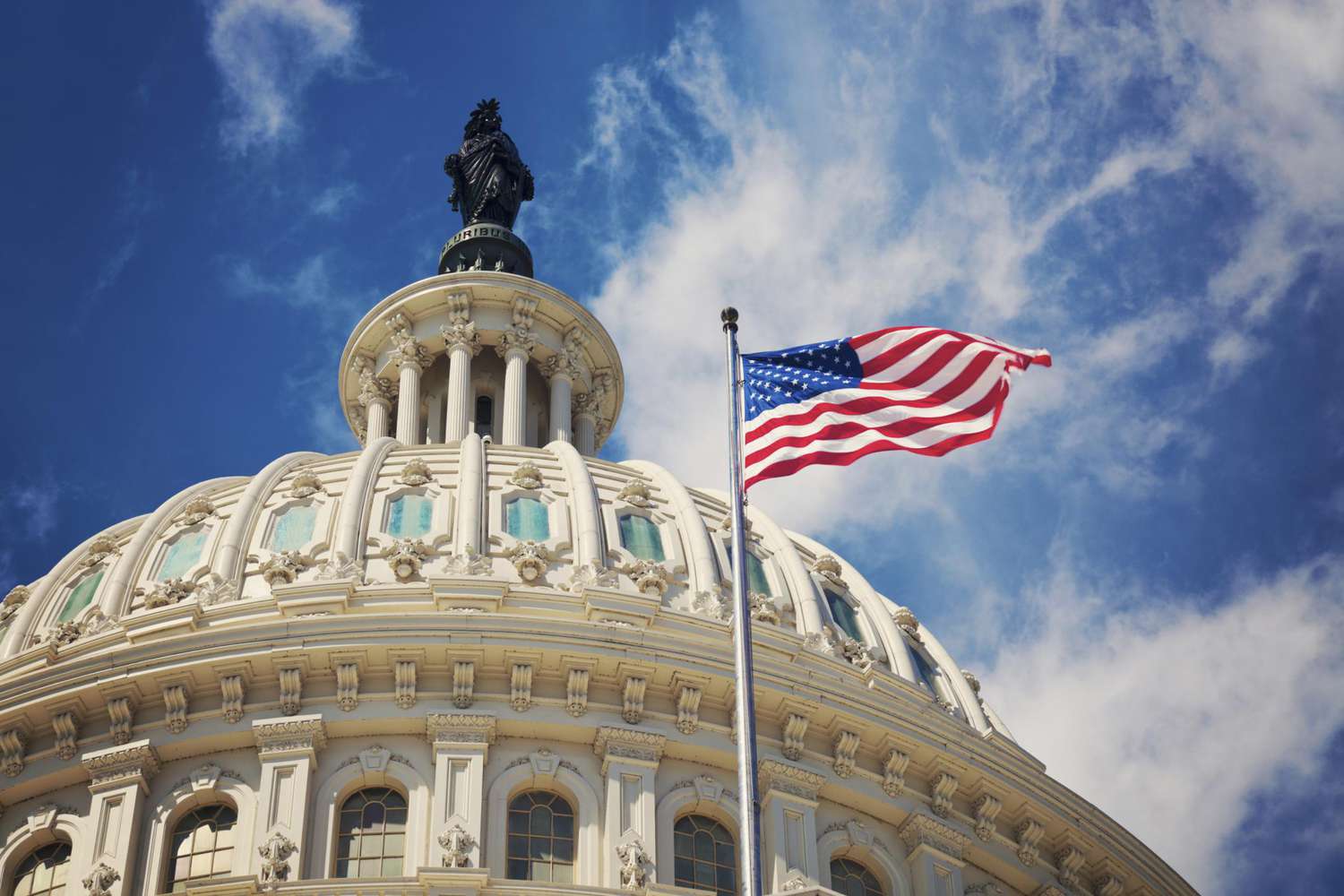The United States has accused Chinese AI startup DeepSeek of assisting China’s military and intelligence services while allegedly seeking to evade export controls to obtain advanced American-made semiconductors.
The claims, made by a senior US State Department official speaking anonymously to Reuters, add to growing concerns over the global security risks posed by AI.
DeepSeek, based in Hangzhou, China, gained international attention earlier this year after claiming its AI models rivalled those of leading United States firms like OpenAI—yet at a fraction of the cost.
However, US officials now say that the firm has shared data with Chinese surveillance networks and provided direct technological support to the People’s Liberation Army (PLA). According to the official, DeepSeek has appeared in over 150 procurement records linked to China’s defence sector.
The company is also suspected of transmitting data from foreign users, including Americans, through backend infrastructure connected to China Mobile, a state-run telecom operator. DeepSeek has not responded publicly to questions about these privacy or security issues.
The official further alleges that DeepSeek has been trying to access Nvidia’s restricted H100 AI chips by creating shell companies in Southeast Asia and using foreign data centres to run AI models on US-origin hardware remotely.
While Nvidia maintains it complies with export restrictions and has not knowingly supplied chips to sanctioned parties, DeepSeek is said to have secured several H100 chips despite the ban.
US officials have yet to place DeepSeek on a trade blacklist, though the company is under scrutiny. Meanwhile, Singapore has already charged three men with fraud in investigating the suspected illegal movement of Nvidia chips to DeepSeek.
Questions have also been raised over the credibility of DeepSeek’s technological claims. Experts argue that the reported $5.58 million spent on training their flagship models is unrealistically low, especially given the compute scale typically required to match OpenAI or Meta’s performance.
DeepSeek has remained silent amid the mounting scrutiny. Still, with the US-China tech race intensifying, the firm could soon find itself at the centre of new trade sanctions and geopolitical fallout.
Would you like to learn more about AI, tech and digital diplomacy? If so, ask our Diplo chatbot!










